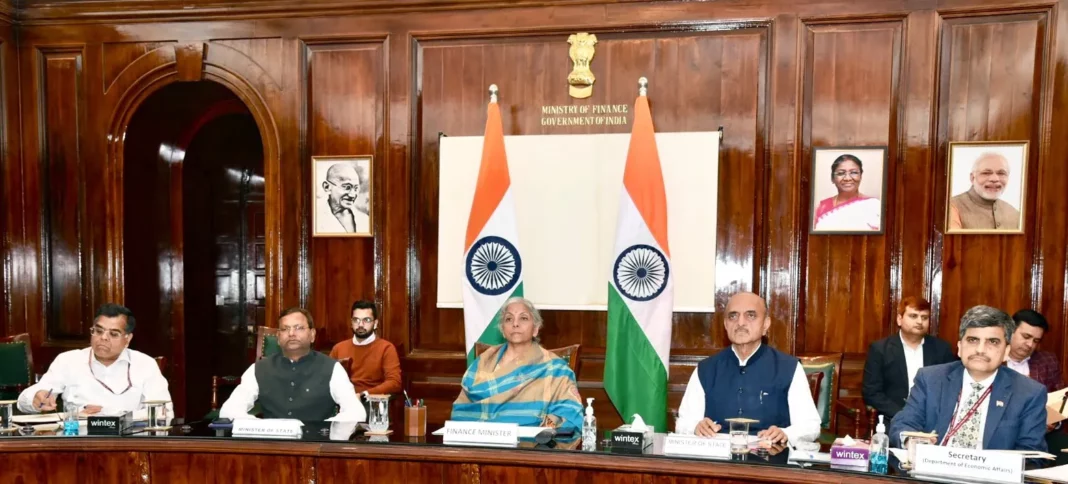The Dhaka Chamber of Commerce and Industry (DCCI) today urged the government to prioritize ensuring continuous and affordable energy for both domestic and export-oriented manufacturing units in order to accelerate Bangladesh’s economic recovery in 2023.
In addition, the trade body stated in a press release that emphasis should be placed on improving the ease of doing business and developing an infrastructure environment conducive to attracting both domestic and foreign investment.
Furthermore, the country’s exports must be diversified, and access to credit for cottage, micro, small, and medium enterprises must be prioritized, according to the report.
Bangladesh’s growth has been hampered by the global economic downturn brought on by the COVID-19 pandemic and the ongoing Russia-Ukraine conflict. However, the entrepreneurial spirit of the local business community, as well as the collaborative efforts of the public and private sectors, have aided the country’s economic recovery significantly.
Still, the recent increase in energy prices is interfering with the production of energy-intensive industries, making it increasingly difficult for them to compete in international trade, according to the report.
As a result, the DCCI believes that long-term planning should be implemented in conjunction with a predictable pricing policy in order to determine energy prices.
Furthermore, the trade group stated that it is critical to prioritize ensuring an uninterrupted supply of energy for all industries.
The country’s financial sector has been challenged by the country’s ongoing foreign currency shortage and depreciation of the taka against the US dollar, resulting in some negative impacts on the import of energy, industrial raw materials, and supply chains for export-oriented industries.
Given the circumstances, more emphasis should be placed on increasing incentives to increase remittance inflows in order to strengthen the country’s foreign exchange reserves.
Simultaneously, a “currency swap” may be prioritized in order to meet the required import expenditure.
The DCCI also believes that in order to alleviate the financial sector’s liquidity crisis, the government’s ongoing austerity measures should be maintained, and project implementation efficiency should be increased while good governance is maintained.
In recent times, the government has had to borrow more than its target from local banks due to the global economic situation and insufficient revenue collection in the country. As a result, the amount of credit available to private-sector manufacturers may be reduced.
If the flow of credit from the private sector is disrupted, local investment and employment retention may suffer, and the DCCI believes that, in order to achieve higher revenue collection, the government should focus on complete automation of revenue management, introduce necessary reforms to existing revenue laws, and expand revenue generation avenues.
In this regard, the trade group emphasized the importance of not harassing current taxpayers.
The DCCI also stated that the government must take initiatives to sign free trade agreements with various markets and regional economic blocs in order to maintain current export growth after Bangladesh graduates from the status of least developed country (LDC) in 2026.
“In this transitional period of LDC graduation, we need to ensure the proper readiness and preparation of local businesses,” it said.
Skills development, technological advancement, enhanced backward linkage industries, tax and tariff reforms, and ongoing negotiations to ensure “International Support Measures” even after LDC graduation are all important agenda items that the government should prioritize.
To attract more domestic and foreign investment, various laws, including the Companies Act, the Arbitration Act, and the Bankruptcy and Insolvency Act, must be updated on a timely basis.
Special emphasis should also be placed on developing skilled labor exports by leveraging the technological excellence of the Fourth Industrial Revolution to meet the needs of both domestic and international industries.
In this case, there is no choice but to emphasize and strengthen the industry-academia relationship in order to maximize the country’s demographic dividend, according to the DCCI.
Source : thedailystar

